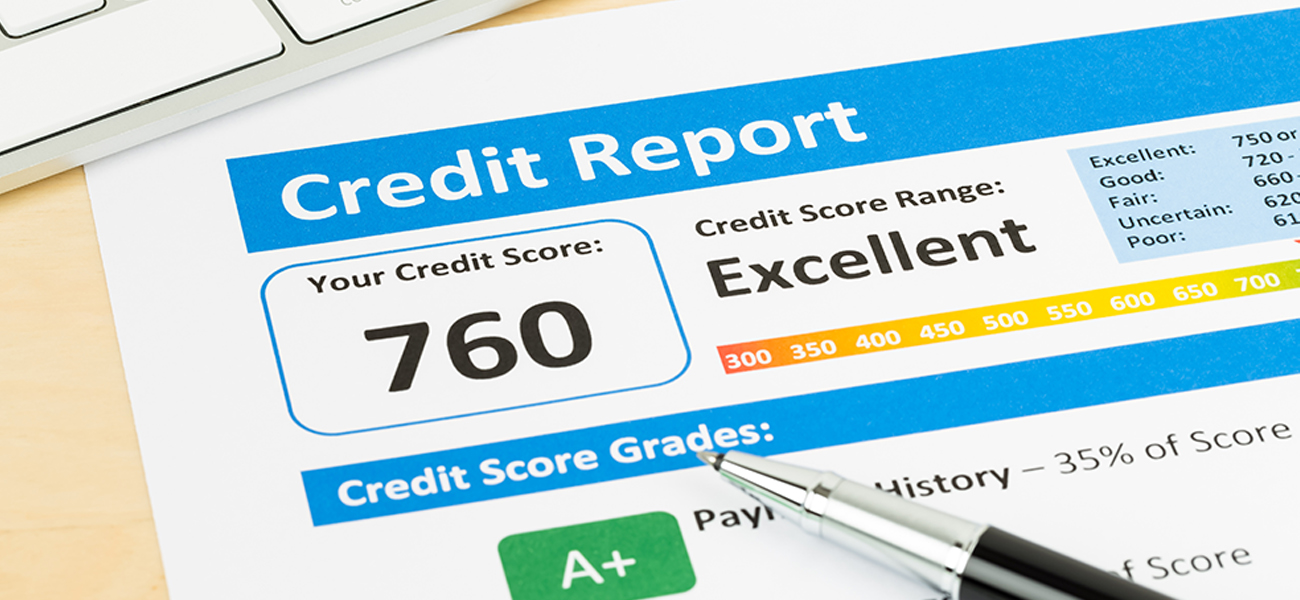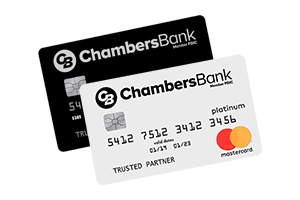There are a ton of myths floating around out in the banking universe, with some of the biggest ones being around credit cards. And that’s not a surprise, as these can be tricky for those new to borrowing money. Even those who have used credit cards before can find it a challenge to tell what’s real and what’s not when it comes to what they hear about credit cards.
As your financial institution, we are dedicated to your financial success, and that means keeping you educated on all things finances. That’s why we’re taking the 3 biggest myths around credit cards, and busting them!
Myth: “I should close out unused credit card accounts with zero balances to boost my credit score.”
Fact: Closing too many accounts can have a negative impact on your credit score.
This is one of the most common myths around credit cards today. Our associates are fielding questions about whether or not the client should close their credit card all day long and they almost always have the same advice: “keep it open.”
While you may think that closing credit card accounts that don’t have a balance is a quick hack for boosting your credit score, the reality is the opposite.
Why? Because your total available credit balance across all your lines of credit, as well as the percentage of this balance that you are using (known as your utilization rate), are both important factors for calculating your credit score.
When looking to boost your credit score, you want your available balance to be high and your utilization rate to be low. Keeping unused credit card accounts with zero balances open does just that.

On the other hand, if you close them out, you will be reducing your total available credit. This will increase your credit utilization rate, which means the ratio of your outstanding credit card balances to your total credit limit increases.
And credit reporting bureaus may take this increase as a sign that you represent a higher credit risk, which results in them lowering your credit score.
But don’t take this advice to the extreme and go open a slew of new credit cards, as this could damage your credit score. The credit reporting bureaus generally like to see a healthy variety of other credit lines in a person’s portfolio, such as a home mortgage, car loan, and even student loans.
It’s all about finding the right balance, which is unique for every person. If you’re interested in seeing what the right set-up would be for you, your local Chambers associate can help!
Myth: “Using credit cards will lead to debt.”
Fact: When used responsibly, credit cards serve as financial tools that help along your financial journey.
This is just a tale your parents told you to scare you away from opening a credit card and buying your 15 friends one of everything on the McDonald’s menu. As long as you are responsible for your spending and pay the balance for your card each month to minimize interest, credit cards can do a lot for your financial health.
When used right, credit cards:
- Help you build credit by establishing a payment history
- Provide you with a safety net in emergency financial situations
- Offer rewards that can be leveraged to save money or receive something of value, like a plane ticket!
When used irresponsibly, what your parents said stands true. So it is critical you follow the below best practices, as well as continue to educate yourself on using your card responsibly.
- Pay off your balance each month to limit your interest paid
- Never make a purchase on a no-interest promotion that you won’t be able to pay off before the interest starts accruing.
- Make sure you are getting the best rate you can, as well as the best card for your needs.
Myth: “All credit cards are created equal.”
Fact: No one card is right for all. Every credit card, even ones from the same institution, is a little different.
A recent WalletHub analysis estimated that about a ⅓ of credit cards with rewards give cash back, with the remaining providing points or miles. And not even the cards that fall respectively into each of these categories are the same. Each comes with various expirations, rebates, bonuses, and category qualifications for spending.
With such variety, it can be more than challenging to pick the right one for you—especially with how tempting some of the offers can be! That’s why it’s important that before you even start to look for a credit card, you decide exactly how you want to use this line of credit, as well as how you want to benefit from your spendings.
Some things to consider:
- The actual value of the offer. If a card is offering 1% cashback and you plan on using the card only once a month or so and for low-value purchases, this card may not make sense for you. A card that offers gas points or discounts to the stores you shop at often might make more sense.
- How the actual value of the offer compares to the annual fee you must pay. You don’t want to find yourself paying for a card you won’t be receiving benefits from.
- The customization features. If it is the type of card where you can earn cashback on only certain categories, make sure they match your spending plans. And if you plan on spending your money on a lot of different things, it is wise to look for cards that offer a good variety.

Here at Chambers, we offer a variety of cards with different benefits and features. You can explore them all by clicking here, or speak with your local Chambers banker to get a customized credit plan!


